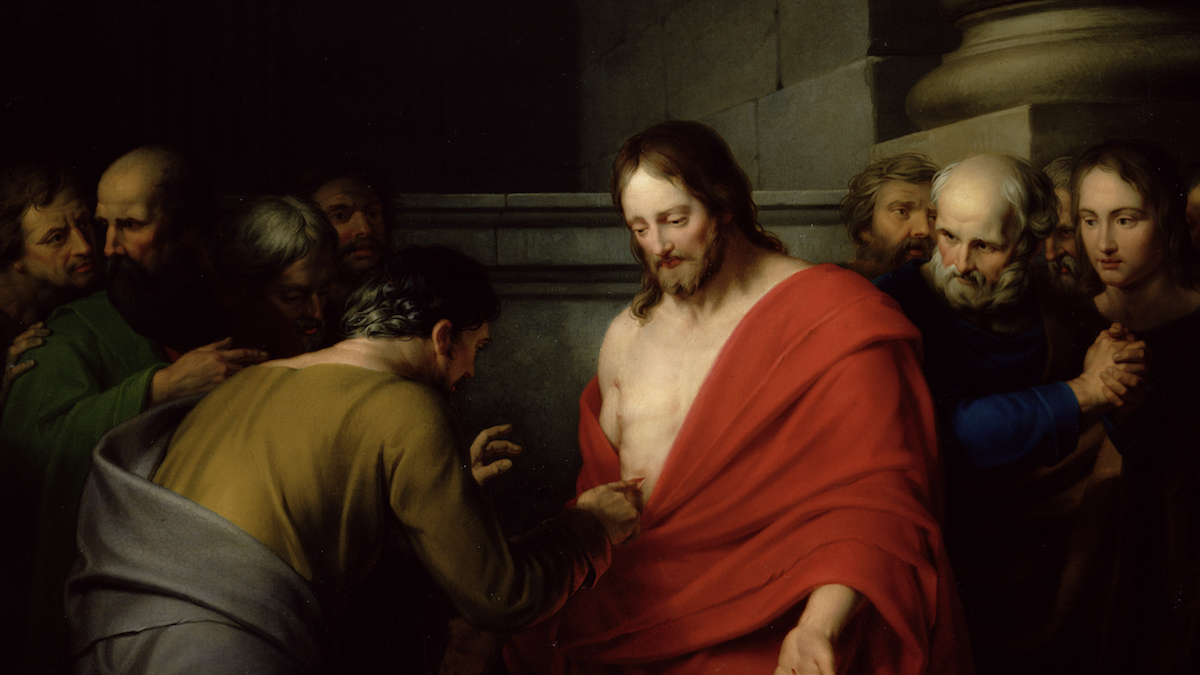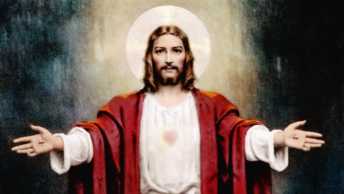Many people have heard of the poem “The Charge of the Light Brigade” by Alfred Lord Tennyson, which commemorates the heroic but doomed attack of a British cavalry unit that suffered disaster while charging Russian defenses during the Crimean War in 1854. The poem contains the well-known lines “Theirs is not to reason why, theirs but to do and die.” A British officer who survived that disastrous attack was so shaken by the experience of seeing the lives of brave young men wasted for no worthwhile purpose that afterwards he resigned his commission and returned home to England, seeking a sense of personal purpose and tranquility. He was unable to find it but thought that if he emigrated to America—a vibrant young country separated from the centuries-old wars and divisions that plagued Europe—he might finally find the peaceful, quiet life he was looking for. In the late 1850s the retired officer discovered what seemed to be the perfect place; he purchased a small farm in a beautiful area of Virginia called Bull Run. In just a few years Bull Run was anything but peaceful—for it was there that the first major battle of the U. S. Civil War was fought (Hughes, 1001 Great Stories & Quotes, p. 304).
More recent stories of similar bad luck and poor timing also exist. For example, in the late 1930s, seeing war clouds gathering, a married couple wanting a tropical place of safety moved to a little island in the South Pacific called Guadalcanal, which of course became the site of a long and bloody battle in 1942. Almost fifty years later another couple seeking to live in a small, rich, nation in the Middle East moved to Kuwait—shortly before Iraq’s ill-fated invasion of that country. Human efforts to achieve peace and security—no matter how well-thought out or intentioned—will always fall short. Jesus, however, promises that the peace He gives is not subject to any worldly limitations. His Holy Spirit can make lasting changes in our hearts—and if we place all our trust in Him, there is truly no reason to fear.
At the Last Supper the apostles were worried and upset; without fully understanding what was going to happen to Jesus, they knew their Master was about to leave them as the culmination of His mission on earth arrived. That’s why Jesus reassured them, speaking of His union with God the Father, and promising to send them the Holy Spirit, Who would remind them of all His teachings and fill their hearts with genuine joy and a peace that nothing in this world would overcome. Beginning with the coming of the Holy Spirit on Pentecost Sunday, Our Lord’s promise was fulfilled, and in the years that followed, the Spirit guided the apostles in their ministry of leadership in the early Church. The Council of Jerusalem is one of many examples of this. In spite of various religious controversies, misunderstandings and opposition, and even violent persecution, the followers of Jesus continued to experience a deep inner peace—allowing the Holy Spirit to mold them into men and women capable of one day living in that heavenly Jerusalem described by St. John in the Book of Revelation.
Some years ago, a doctor took an informal poll of all his patients, asking them, “If you could make just one wish and have it granted, what would it be?” Eighty-seven percent of the respondents answered, “I would like to have peace of mind” (Roy B. Zuck, The Speaker’s Quote Book, p. 287). Our world seems to assume that personal peace and happiness comes from material things, status, and pleasure—but so many people who chase after these values end up feeling disappointed and empty. Everyone needs and wants peace of mind, but much of humanity looks for it in the wrong places; most people don’t want to hear that true freedom comes from self-surrender, that lasting joy comes from sacrifice, and that inner peace comes putting God’s Will first in our lives.
It would be easy to follow Christ as His disciples if the world was eager to listen to the Gospel. Unfortunately, this usually isn’t the case—but Jesus is able to bestow His joy and peace upon His followers, nevertheless. In order that this might happen, He asks us to give Him our trust, firmly believing that He truly knows what’s best for us; if life is hard or challenging right now, it may be that He’s preparing us for something necessary and important later on, and if we’re undergoing any sort of suffering, He’s certainly capable of using the experience to deepen our capacity for future happiness. At the same time, Our Lord asks us to keep our focus on eternity. Our hopes are not supposed to be in this world, but in the Kingdom of Heaven—and we can choose to let all our joys and successes, and all our sorrows and failures, help us move further in this direction. Each one of us has a mission from God, our own share in the process of helping bring about His Kingdom—and being faithful to this calling can indeed give us a sense of purpose and a reason to rejoice.
Jesus promises us, “Peace I leave with you; My peace I give to you.” No one can ever possibly give us a greater gift—and we as followers of Christ are invited to experience spiritual blessings beyond this world’s comprehension. The secret to such happiness is simple: self-surrender, trust, a choice to love God and neighbor, a genuine desire to please Jesus, and a grateful and humble effort to deepen our relationship with Him through regular prayer, Scripture reading, and reception of the sacraments. There have been persons with every worldly advantage who ended up being depressed or even suicidal, and persons undergoing severe misfortune who nonetheless found every reason to rejoice and hope. Christ’s peace makes all the difference—and He lovingly offers this peace to all who are willing to receive it.








